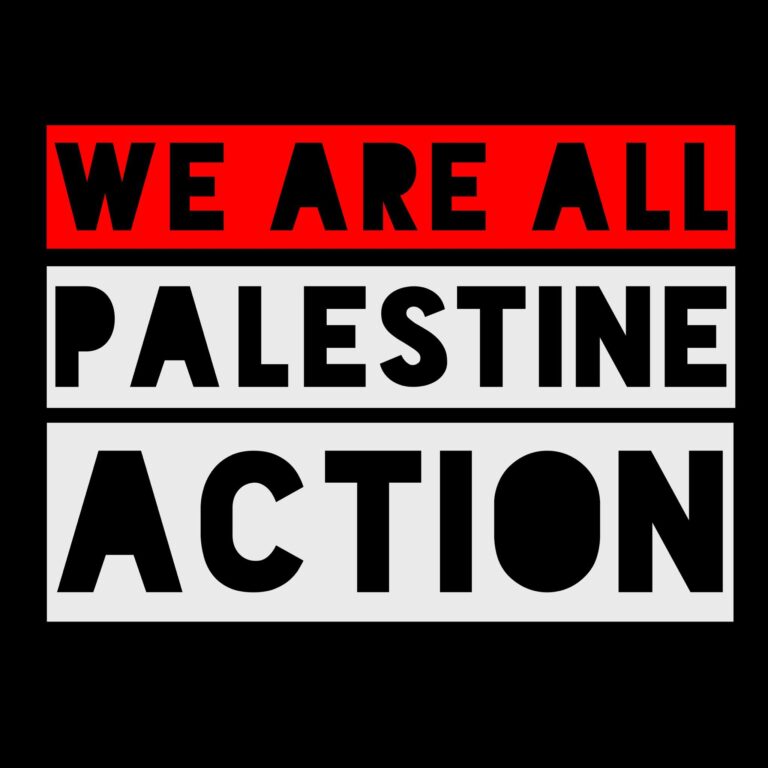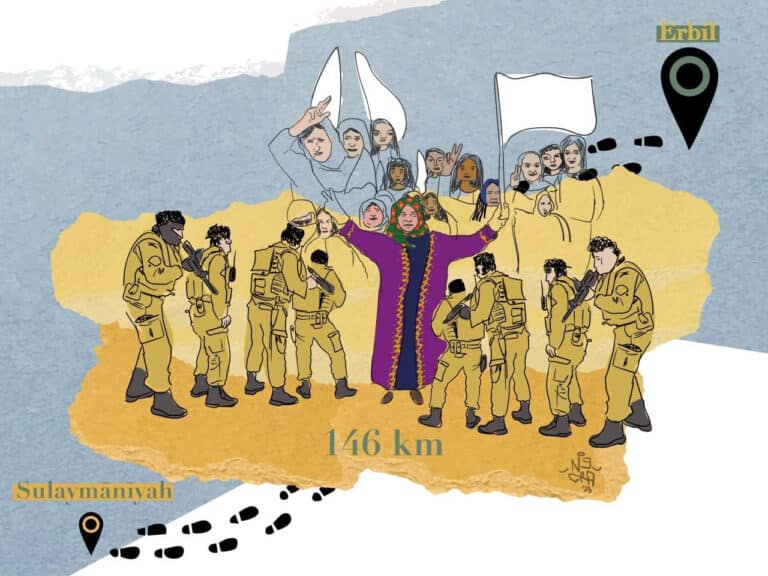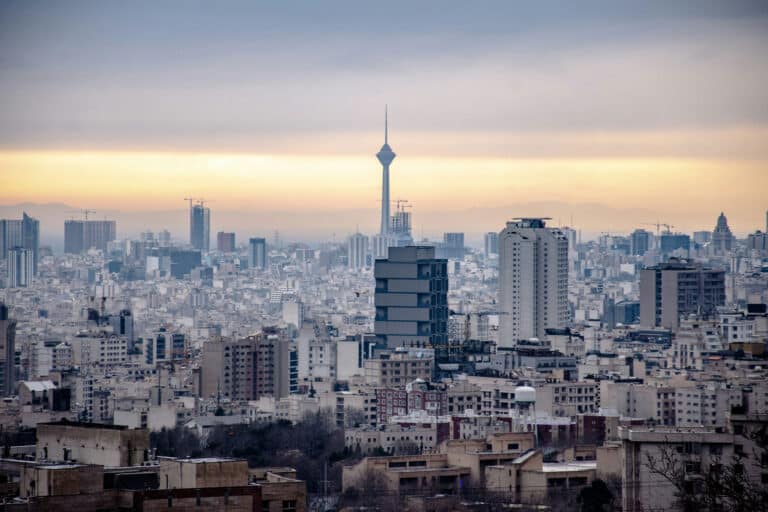CPT’s Undoing Racism Coordinator, Sylvia Morrison, delivered the following address at Christian Peacemaker Congress X on 20 September in Denver, Colorado, USA (edited for length).
Our relationships have been impacted severely by dynamics of power, position, social location, socialization, privilege and oppression. Therefore, if we are to have right relationships with each other, we need to become aware of our privilege and places of oppression, figure out what our role is, and with God’s grace, address those dynamics.
We talk about “right relationships” because we call ourselves peacemakers. If we are going to be peacemakers, then we need to begin with ourselves. We want to make peace in the world? My world begins here, from my head to my toes and what’s within that.
How do you start to make peace with yourself? You need to learn about who you are. Learn your history. Learn your places of privilege and on whose backs you are standing. Who is being oppressed as you are benefiting from that privilege?
We all have privileges and we also, in many areas of our lives, experience oppression in terms of race, sex, gender, class, economics, age, size, ability – the list is endless. It’s important to be aware of that, because if we are not aware, then we are not conscious of what dynamics are present in our relationships and how those dynamics impact the ways in which we interact with each other – how we are being kind or not kind; how I might say something very offensive, thinking that I am giving you a compliment, because I am not aware of my places of privilege or oppression, and you.
Even as I want to make peace in the world, if I am not aware of who I am and what I bring into a space, there is something inside of me that wants war. Feel what happens to you inside when someone challenges you to acknowledge your privilege. Can you feel the enormous surge of force moving through your body – the fear that is masked as defensiveness or hostility? Hear your voice – how it changes, how it becomes harsh or shrill. Be aware of your mind racing to defend its position, to justify or attack or blame. It happens in all of us. Be aware of it. If you were to become conscious in that moment, you would realize that, as much as you are a peacemaker, something inside of you is at war.
So, what do you do? You’re now aware of this; it’s happening to you, what do you do? Stop. When you feel that force that says, “Defend your argument, justify your position,” stop, and do not move into defensiveness. Breathe deeply and fill your lungs with air, life-giving oxygen. And then as you exhale, feel the shaking in your body and ask yourself, “What am I afraid of? What am I afraid to lose?”
Secondly, we need to build relationships with our neighbors, the folks next door, people on public transportation. Look at them; look at people. In this part of the world we have been socialized to not look at people because it is called staring. But how are you going to see me if you do not look at me? And if you don’t look at me, what are you saying to me? You are saying that I don’t exist. When we do not acknowledge each other’s presence, we are making each other anonymous and that anonymity breeds isolation. When I ride public transportation, I look at the person next to me and say, “Hello,” and that changes the energy in that space, because we all want to be acknowledged. God knows that. That’s why God didn’t make just one person. God knows that we need each other, so it’s important that we build relationships with our neighbors.
Become interested in people – not in a way that interrogates them about their lives and their experiences, but in a way that invites conversations where I’m getting to know you and you’re getting to know me. We’re talking about right relationships. How can I be living in my neighborhood and not know who lives next door?
Thirdly, we can move into relationships in our community. Learn about your community. Find out what’s great in the community where you live. Sometimes we talk about everything that needs to change and we do not talk about what’s great in that community. There must be something great or why are you there? Even if you are the only great thing in the community, talk about that, celebrate that, as with your great self, you talk with others and then figure out together what needs to change. It is possible.
Be willing to receive gifts from others. Peacemakers love to give, because we want to live sacrificially, and we want everyone else to know how we are following in the footsteps of Jesus. So we want to give. We want to give of ourselves; we’re willing to give our lives, our time, and our skills. But ask yourself, “Am I giving because I’m feeling superior to someone else? Am I giving in the same spirit that Jesus gave, or am I giving so that the receiver knows that I have it and they don’t.” If that’s the case, then start receiving. Take from people what they want to give to you. It’s a blessing.
Finally, as we build relationships in our communities and start working on the issues present there, then we can make the connections for peacemaking with the rest of our world. We move out into far-away places and we learn from our partners in those parts of the world. And I really mean learn from them. Sit with them, eat with them, have conversations with them – not interviews, conversations; not interrogations, conversations. Become interested in their lives and tell them about yours. It’s a relationship.
Be consistent in self-reflection. Constantly ask yourself why you are doing what you do. Is it because I feel guilty? Because I want to be faithful? Because I want to be successful? Because it’s part of my PhD studies? Because it makes me feel good? Because I am following the radical Jesus? Because of fear? What is that fear about?
Be willing to change. We all have changes to make in order to attain balance in our relationships. As we reflect and continuously ask ourselves these questions, we must be willing to change. Are you willing?
Know that you are a child of God regardless of who you are, where you come from, your position of privilege or oppression; you are a worthy child of God. There are times when shame, and guilt and fear get in the way of our relationships being balanced. Trust the Spirit. You are Spirit. You live in a physical body but you are Spirit, and Spirit wants to engage with Spirit. As we recognize that we are one with the universe, with God, and that we are worthy, we will be able to walk without fear, we will be able to change, and our relationships will be balanced.



